A silent coup is unfolding in Bangladesh. Behind the facade of governance, an alliance of Islamist networks, foreign intelligence agencies, and radical ideologues is methodically dismantling the country’s most secular and stabilising institution—the Armed Forces.
The orchestrator of this quiet purge is Muhammad Yunus, once celebrated as a Nobel laureate, now at the helm of an increasingly fundamentalist-leaning regime that threatens to upend decades of democratic progress. At stake is not merely Bangladesh’s political future but the security architecture of South and Southeast Asia.
Bangladesh’s International Crimes Tribunal (ICT), a domestic tribunal, issued arrest warrants for a total of 32 individuals, including 25 current and former military officers, in connection with charges of “crimes against humanity” and enforced disappearances during the previous Sheikh Hasina regime. The accused were ordered to be produced before the tribunal on October 22, 2025, and 15 serving officers were taken into military custody following the order.
This tribunal, which bears no relation to the International Criminal Court (ICC), has become a political instrument designed to intimidate, discredit, and ultimately dismantle Bangladesh’s military establishment. Intelligence insiders warn that the list could soon expand to over 150 officers, possibly including the current chiefs of the Army, Navy, and Air Force.
Amid these extremely disturbing developments, on October 20, 2025, a stunning revelation appeared on social media. Asif Mahmud Shojib Bhuyain—an influential as well as controversial adviser to the Yunus regime—publicly announced the recruitment and training of 8,850 individuals across seven training centres. He detailed the programme: trainees would undergo martial arts, judo, taekwondo, and firearms instruction.
Quick Reads
View AllSources within Dhaka confirm that this is only the first phase of a larger plan. At least five successive batches of 8,850 recruits each are scheduled to complete training by January 2026. The recruitment process reportedly includes written, viva, and physical tests—all overseen by retired Bangladeshi officers with strong pro-Pakistan leanings, alongside covert representatives of Pakistan’s Inter-Services Intelligence (ISI) and Turkey’s Millî İstihbarat Teşkilatı (MIT).
These are not ordinary security exercises. Selected recruits, both male and female, are reportedly being prepared for “advanced commando” and “espionage” training in Pakistan and Turkey. Intelligence assessments suggest that a portion of these operatives will later be deployed abroad—particularly in India, Nepal, and Myanmar, as well as Western nations—to conduct subversive or intelligence-gathering missions.
The ideological justification for this armed formation is rooted in a narrative propagated by Islamist organisations aligned with the Yunus regime, especially Jamaat-e-Islami. On September 27, 2025, Jamaat’s Nayeb-e-Ameer, Syed Abdullah Muhammad Taher, declared in a New York gathering that five million Jamaat youth were ready to “fight for independence” against India.
He went further: “If India enters Bangladesh, the bad name that was imposed on us in 1971 will be wiped off. We shall prove ourselves as true freedom fighters. One part of five million Jamaat youth will engage in guerrilla warfare, while the rest will spread inside India to implement Ghazwa-e-Hind.”
This rhetoric is not symbolic. It echoes jihadist war doctrine, portraying India as the enemy and glorifying a “holy war” to redeem perceived historical humiliation. For Bangladesh’s security establishment, this marks a dangerous revival of 1971 revisionism—an attempt to recast pro-Pakistan collaborators as “freedom fighters” in a new Islamist narrative.
Meanwhile, what began as street protests during July-August last year has metastasised into something far more ominous for Bangladesh’s democratic future. Behind closed doors, political circles are reportedly shaping a framework that could position Muhammad Yunus in a role of exceptional influence. The parallels to Iran’s post-revolutionary consolidation of power are not coincidental—they are instructive.
The proposal emerging from the October 22, 2025, political meetings represents constitutional vandalism dressed up as revolutionary necessity. According to statements from leaders of the National Citizens’ Party and Jamaat-e-Islami, Muhammad Yunus would issue what they euphemistically call a “constitutional order”—a document that exists entirely outside Bangladesh’s constitution while simultaneously claiming constitutional authority.
Nahid Islam, convener of the National Citizen Party (NCP) and a key architect of this scheme, has articulated the logic with remarkable candour. He declares that Yunus alone possesses legitimate authority derived from the “people’s sovereign power” manifested during July’s unrest. President Muhammad Shahabuddin Chuppu, according to this reasoning, has no such legitimacy and therefore cannot issue the required orders. Only Yunus can.
This is not democratic reform. This is the blueprint for Islamist theocracy or Iranian-styled autocracy, where a single individual claims to embody the popular will while operating beyond legal accountability. The fact that Jamaat-e-Islami—a party with its own authoritarian tendencies—enthusiastically supports this arrangement should alarm anyone concerned about Bangladesh’s democratic trajectory.
Revolutionary Legitimacy: The Oldest Trick
History offers abundant warnings about leaders who claim revolutionary legitimacy as justification for extra-constitutional authority. Iran’s Supreme Leader position, established after the 1979 Islamist revolution, began with similar rhetoric about revolutionary necessity and popular sovereignty. What followed was not democracy but theocratic authoritarianism.
Jamaat-e-Islami leader Syed Abdullah Muhammad Taher’s confirmation to local media that Yunus has agreed to implement the “July Charter” through such an order reveals the mechanism of this power grab. By declaring the arrangement “extra-constitutional” while simultaneously granting it “constitutional status”, they create a paradox that places Yunus above the law. He becomes both the source and the interpreter of constitutional authority—the very definition of absolute power.
The “July uprising” of 2024, whatever its initial character, is being weaponised to justify this concentration of authority. Every revolution produces those who claim to speak for “the people” while systematically dismantling the institutions that might constrain their power. Bangladesh is witnessing this dynamic in real time.
The Purge Begins
While constitutional frameworks are being manipulated, a parallel campaign is gutting Bangladesh’s military establishment. Currently 25 military officers face prosecution through the International Crimes Tribunal in what increasingly resembles a political purge rather than accountability. It is also rumoured similar cases are under process—which will implicate at least 150 additional officers of the Bangladesh Armed Forces.
The pattern is unmistakable and deeply cynical. Officers who followed lawful orders during the previous government now face prosecution, while those who committed far worse crimes under earlier regimes enjoy protection or even elevation. Lt Col Hasinur Rahman, one of the key plaintiffs of the ICT case, allegedly took part in extrajudicial killings during the BNP regime when he was on deputation with Rapid Action Battalion (RAB)—many of them Awami League supporters—and now presents himself as a victim. Lt Col Tauhidul Islam Chowdhury, responsible for similar cruelties, now heads BNP chief Khaleda Zia’s security detail. Their crimes are forgotten because they serve the current political agenda.
Meanwhile, competent officers face prosecution for the “crime” of serving in RAB or the Directorate General of Forces Intelligence (DGFI)—positions they were assigned through standard military procedures approved by the very generals who now escape scrutiny. One officer’s sole transgression was seeking a Dhaka posting to access specialised education for his autistic child. Another, Lt Col Redwan, is being tried for operations against Hizb-Ut-Tahrir cells that threatened critical infrastructure in Rampura, while his commanding officer who issued the orders has been rebranded as a “July Revolutionary”.
This selective justice serves an obvious purpose: destroying institutional resistance to the new order while intimidating anyone who might question it. When Army Chief General Waker Uz Zaman, who approved many of these officers’ postings during his tenure from 2013 to 2024, faces no consequences while subordinates go to trial, the message is clear—loyalty to the new regime, not justice, determines one’s fate.
Institutions Under Siege
The demoralisation of Bangladesh’s military cannot be overstated. Soldiers who defended national security now watch their colleagues in handcuffs for following orders that anyone in their position would have executed. The replacement of competent generals like Lt Gen Akbar Hossain and Maj Gen Saiful Abedin with politically compliant mediocrities like Shafiuddin Ahmed and Waker Uz Zaman signals that professional merit no longer matters—only political alignment.
When promotion depends on personal favours rather than capability, when officers advance by allowing superiors to exploit their families, the institution itself becomes corrupted beyond recognition. This is not reform; it is the deliberate degradation of Bangladesh’s professional military to ensure it cannot resist political dominance.
The July Myth
The romanticisation of the July events as a “people’s uprising” or “revolution” obscures what is actually happening. Street mobilisation, regardless of its initial grievances, does not confer unlimited authority on those who claim to represent it. The same crowds that toppled one government can be manipulated to install something worse.
Bangladesh has seen this before. Popular movements against military rule gave way to increasingly authoritarian civilian governments. Each transition promised democracy; each delivered new forms of control. What makes the current moment more dangerous is the explicit rejection of constitutional governance in favour of revolutionary legitimacy—a framework that historically leads not to freedom but to new tyrannies.
The Road Ahead
Bangladesh faces a choice, though the window for exercising it may be closing rapidly. The infrastructure being built—extra-constitutional orders, a Supreme Leader claiming revolutionary authority, selective purges of institutional resistance—follows the Iranian model with disturbing precision.
Those constructing this system understand that revolutions create opportunities to concentrate power that normal politics cannot. By claiming to embody the July uprising’s legitimacy, Yunus and his enablers seek to place themselves beyond democratic accountability while maintaining a veneer of popular mandate.
The question is not whether the previous government had flaws—it clearly did. The question is whether replacing one form of authoritarianism with another, more absolute form represents progress or catastrophe. The answer should be obvious to anyone not blinded by revolutionary rhetoric.
What is being built in Bangladesh is not democracy emerging from dictatorship. It is the making of a Supreme Leader, operating beyond constitutional constraints, backed by a purged military establishment, and justified by the myth of revolutionary necessity. Iran travelled this path 46 years ago. Bangladesh appears determined to follow, with predictable results for its citizens’ freedoms and futures.
(Salah Uddin Shoaib Choudhury is a journalist, writer, and editor of the newspaper ‘Blitz’. He specialises in counterterrorism and regional geopolitics. Follow him on X: @Salah_Shoaib. Views expressed in the above piece are personal and solely those of the author. They do not necessarily reflect Firstpost’s views.)


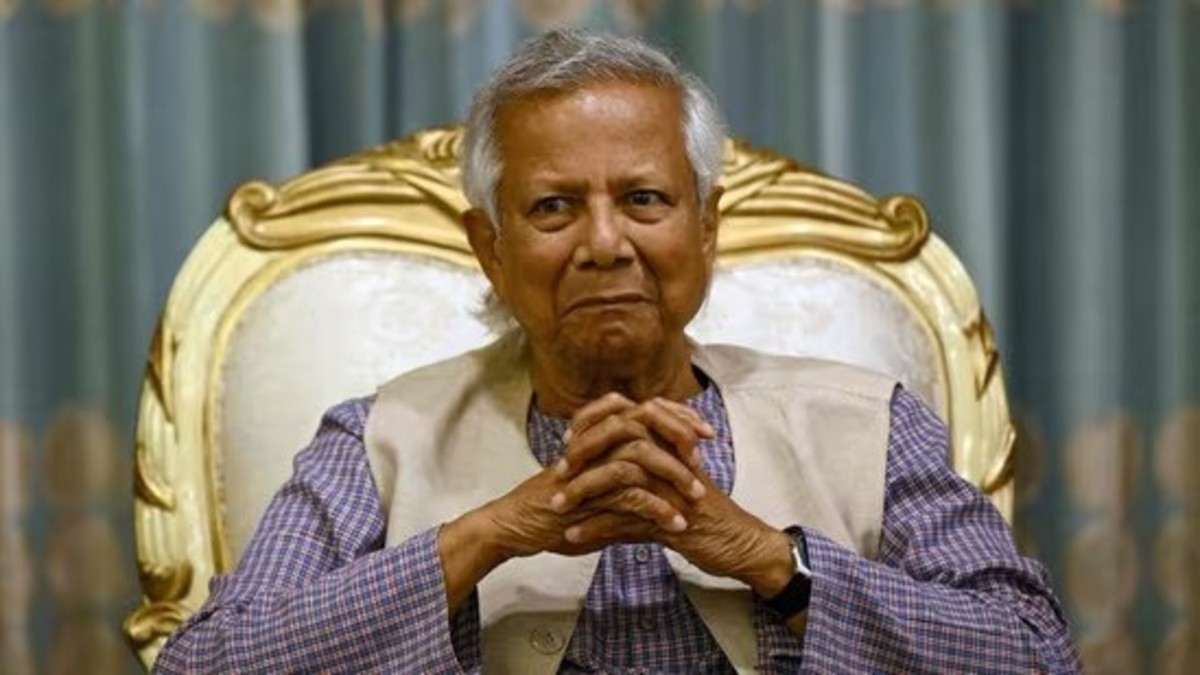)
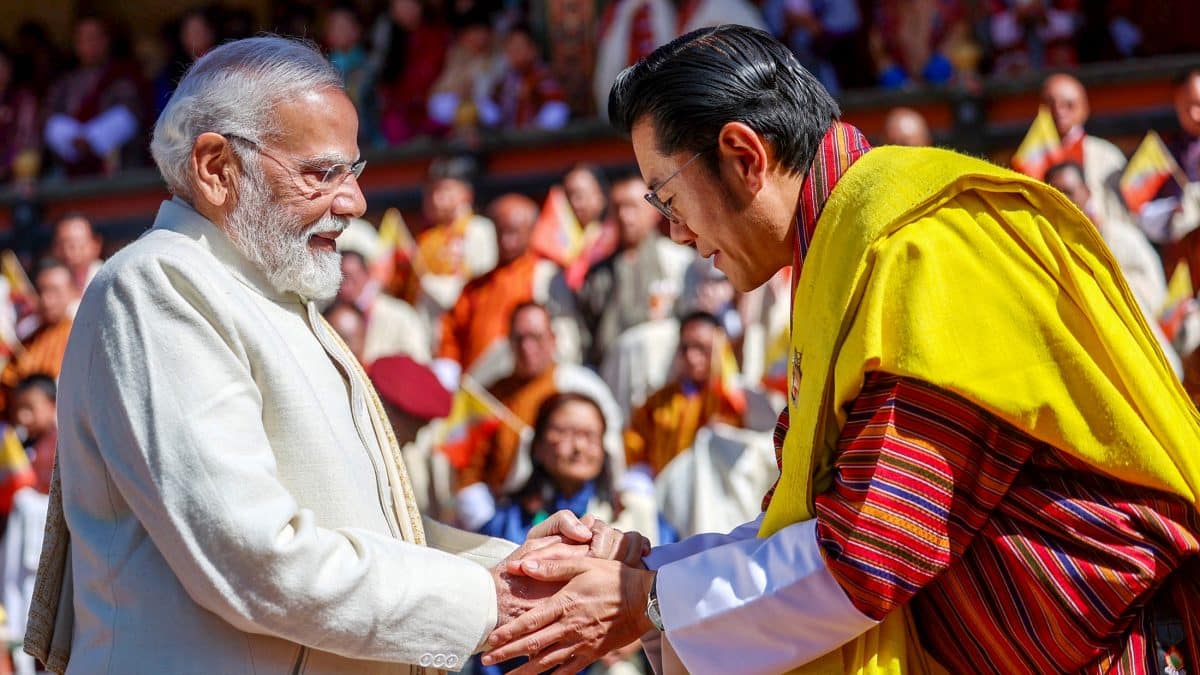
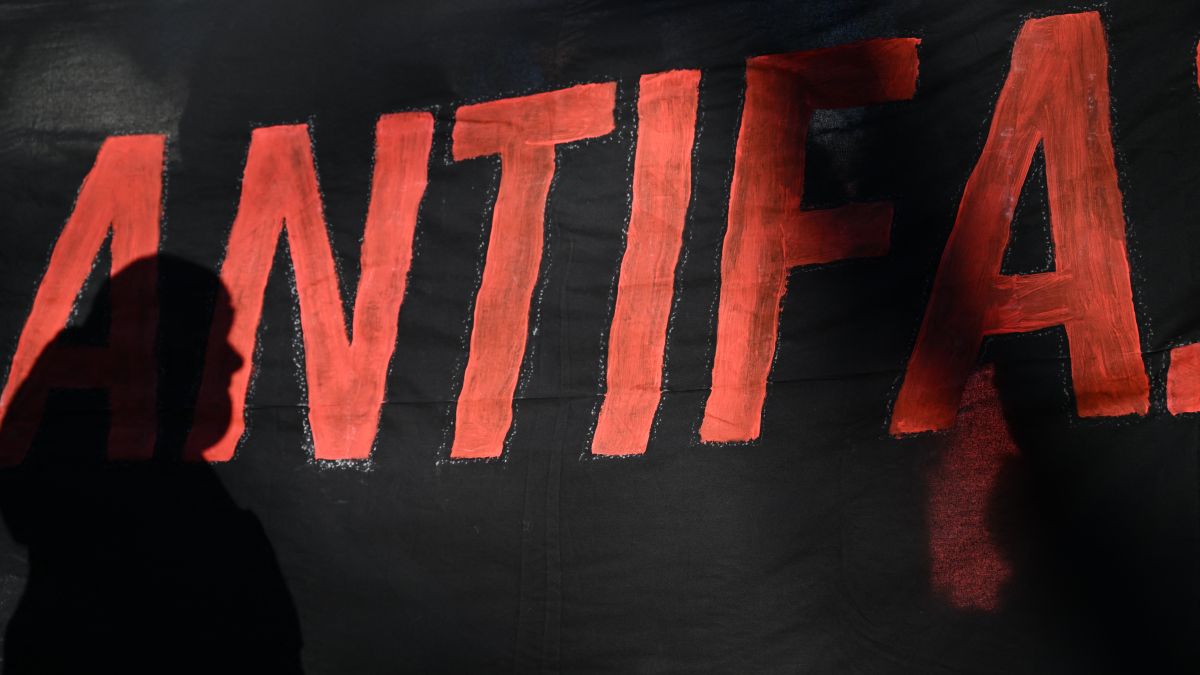)
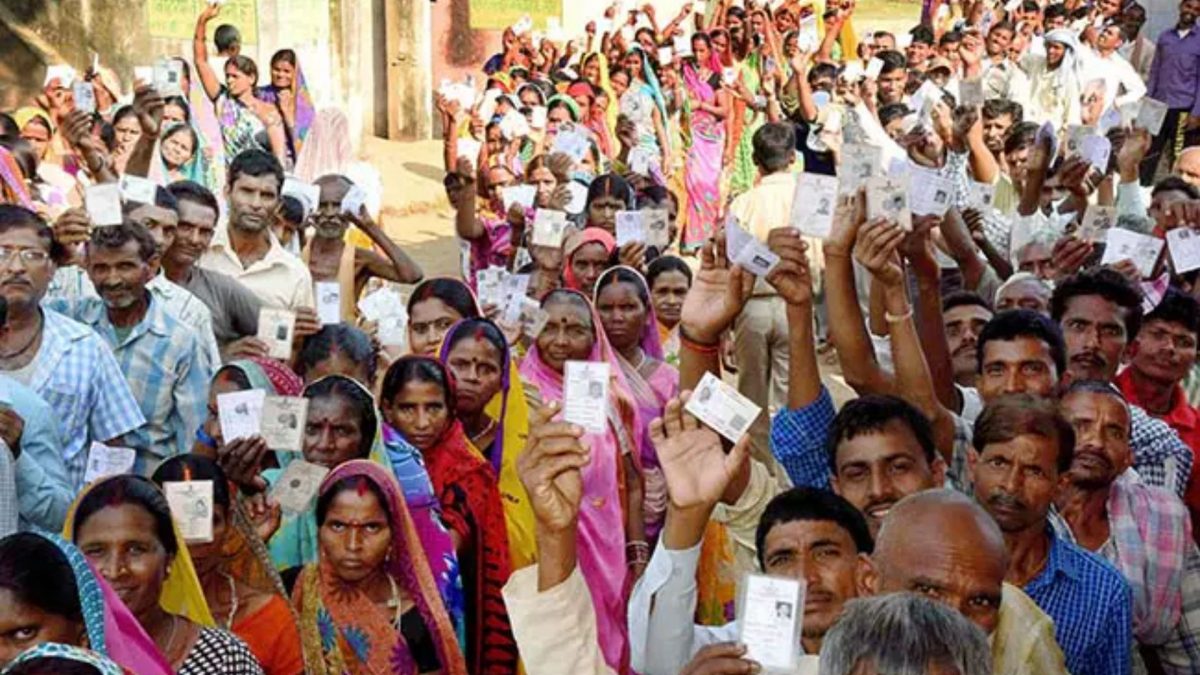)
)
)
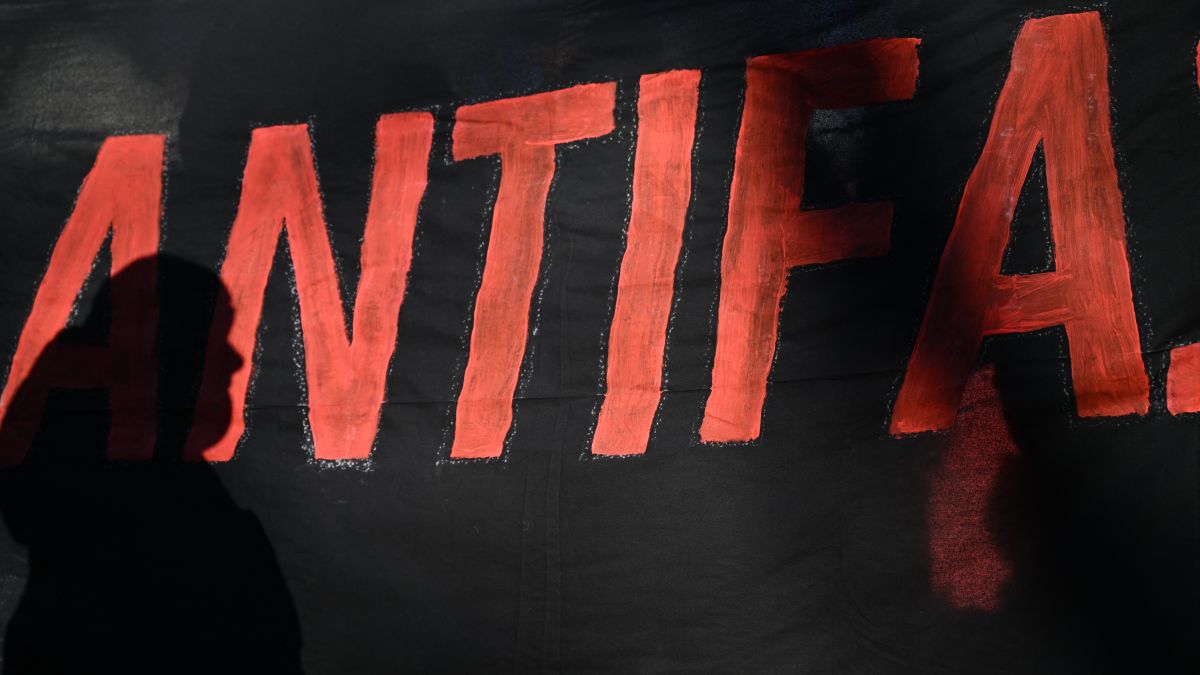)
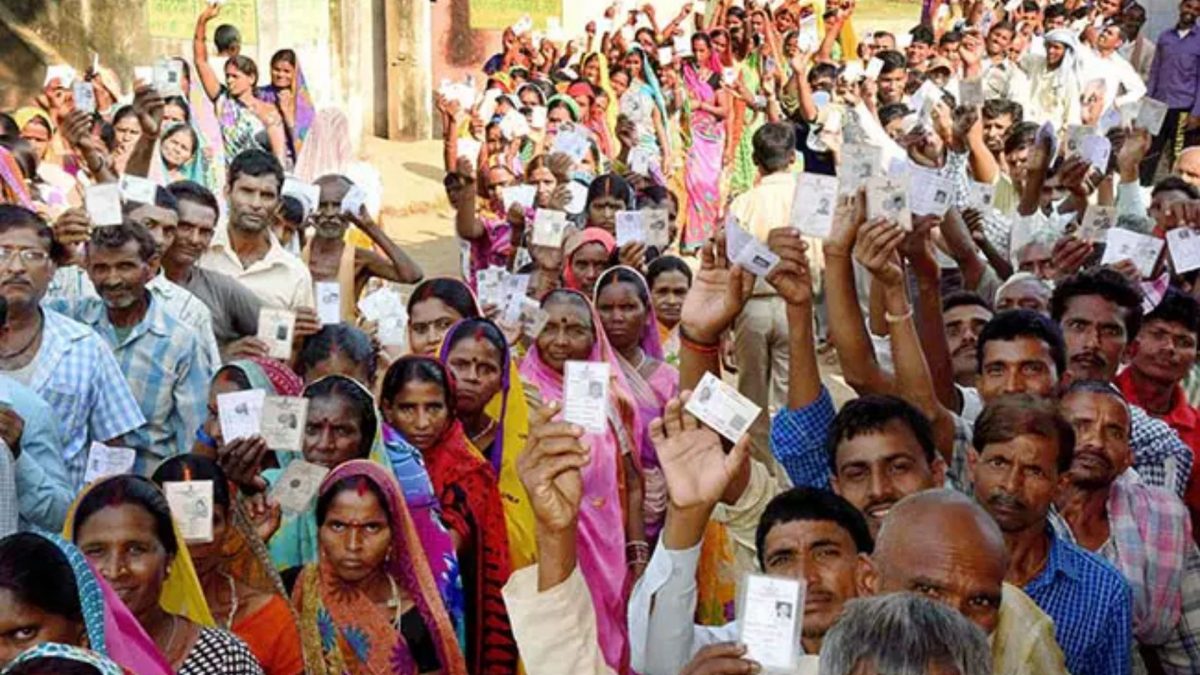)
)
)



